Auto accidents can result in various injuries ranging from minor to catastrophic. A severe injury to the spinal cord, neck, back, or brain can often be considered an incapacitating injury. These injuries are non-fatal and can result in temporary or permanent disability. An incapacitating injury can also lead to extensive hospital stays, medical expenses, and lost wages due to missing work. Luckily, accident victims can file personal injury lawsuits to recover compensation for those damages.
If you were injured in an accident, the Northern Kentucky and Ohio personal injury attorneys at TLF: The Medical Injury Law Firm are here to help. If you’re interested in filing a personal injury lawsuit for your incapacitating injury, contact our experienced team of attorneys by calling (800) 698-4054 or completing our online intake form today.
What Does Incapacitating Injuries Mean?
An incapacitating injury is a severe physical or psychological condition that significantly impairs an individual’s ability to carry out normal daily activities or perform essential functions. This non-fatal injury often results in temporary or permanent disability, necessitating medical treatment, rehabilitation, and support. Some examples of incapacitating injuries are neck injuries, spinal cord injuries, and serious head injuries like a traumatic brain injury.
Incapacitating injuries can profoundly impact a person’s life, affecting mobility, independence, and overall well-being. They may vary in nature and severity but typically result in a substantial loss of physical or mental functioning.
KABCO Injury Scale
The KABCO Injury Scale is a system used to categorize and assess the severity of injuries in emergencies, particularly in mass casualty incidents or disasters. This scale is used by the Federal Highway Administration (FHWA). It is a simple and quick way for first responders, medical professionals, and disaster management personnel to classify injuries based on severity.
This injury scale can also help an accident victim who wishes to file a personal injury claim against the responsible party. For example, if you suffered severe injuries that left you unable to leave the scene unassisted, you would be labeled with an “A.” This means that your serious injury is considered incapacitating, which will have a higher personal injury claim payout than a minor injury.
Ohio Incapacitating Injury Definition
The KABCO Scale differs according to your state. Each state defines what is considered fatal, incapacitating, non-incapacitating, possible, and okay (none detected). The KABCO injury definition for incapacitating injuries is: “Any injury, other than a fatal injury, which prevents the injured person from walking, driving or normally continuing the activities the person was capable of performing before the injury occurred. Often defined as ‘needing help from the scene.”
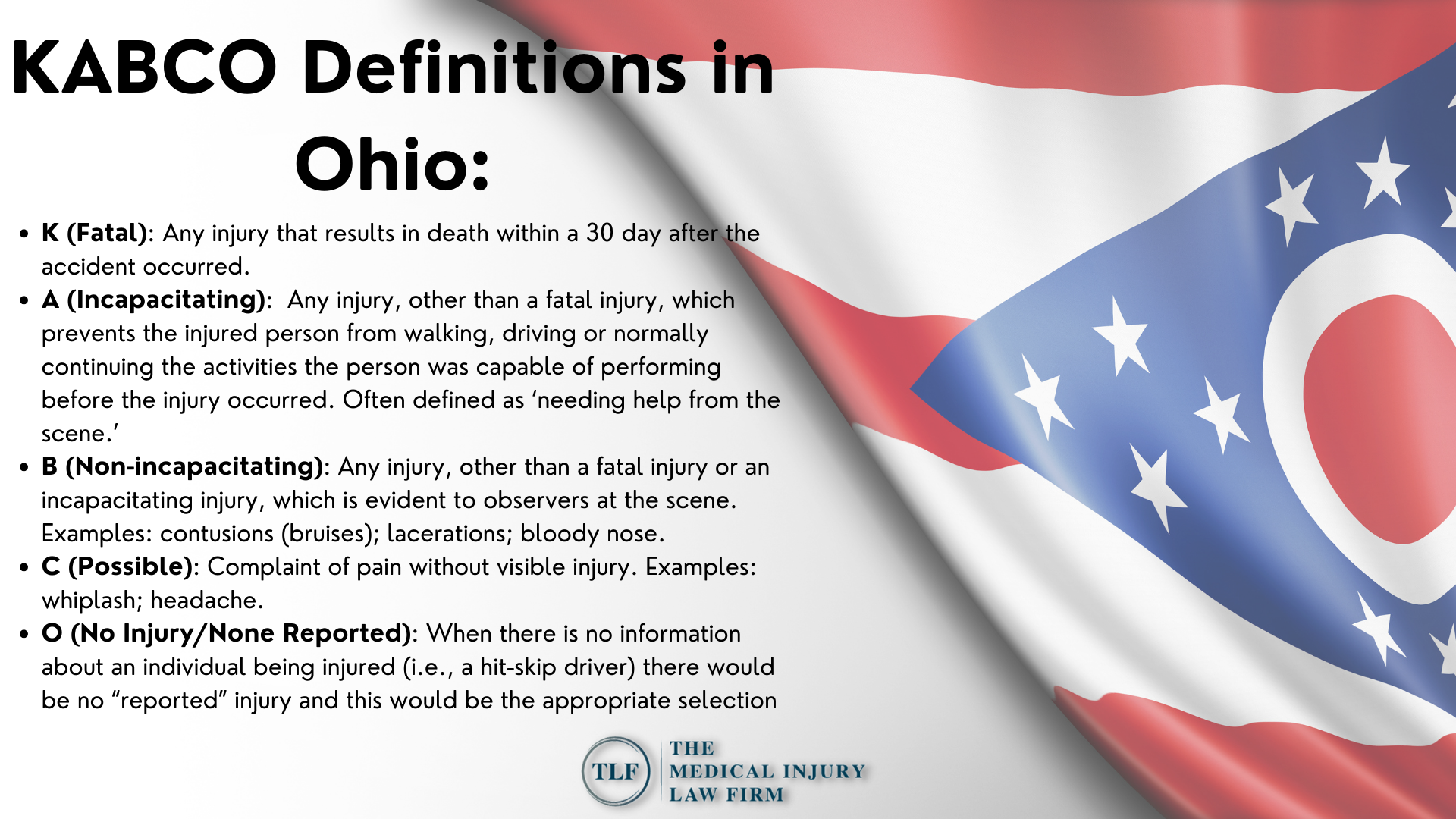
Kentucky Incapacitating Injury Definition
In Kentucky, the KABCO definition of incapacitating injuries slightly differs from the Ohio definition. It provides more details on types of injuries that fall under incapacitating. The Kentucky KABCO injury definition for incapacitating injuries is: “Any non-fatal injury which prevents the person from walking, driving, or normally continuing the activities he/she was capable of performing prior to the collision and does require medical attention. Include severe lacerations, broken limbs, skull fracture, internal injuries, unconsciousness when leaving the scene, or inability to leave the scene without assistance.”
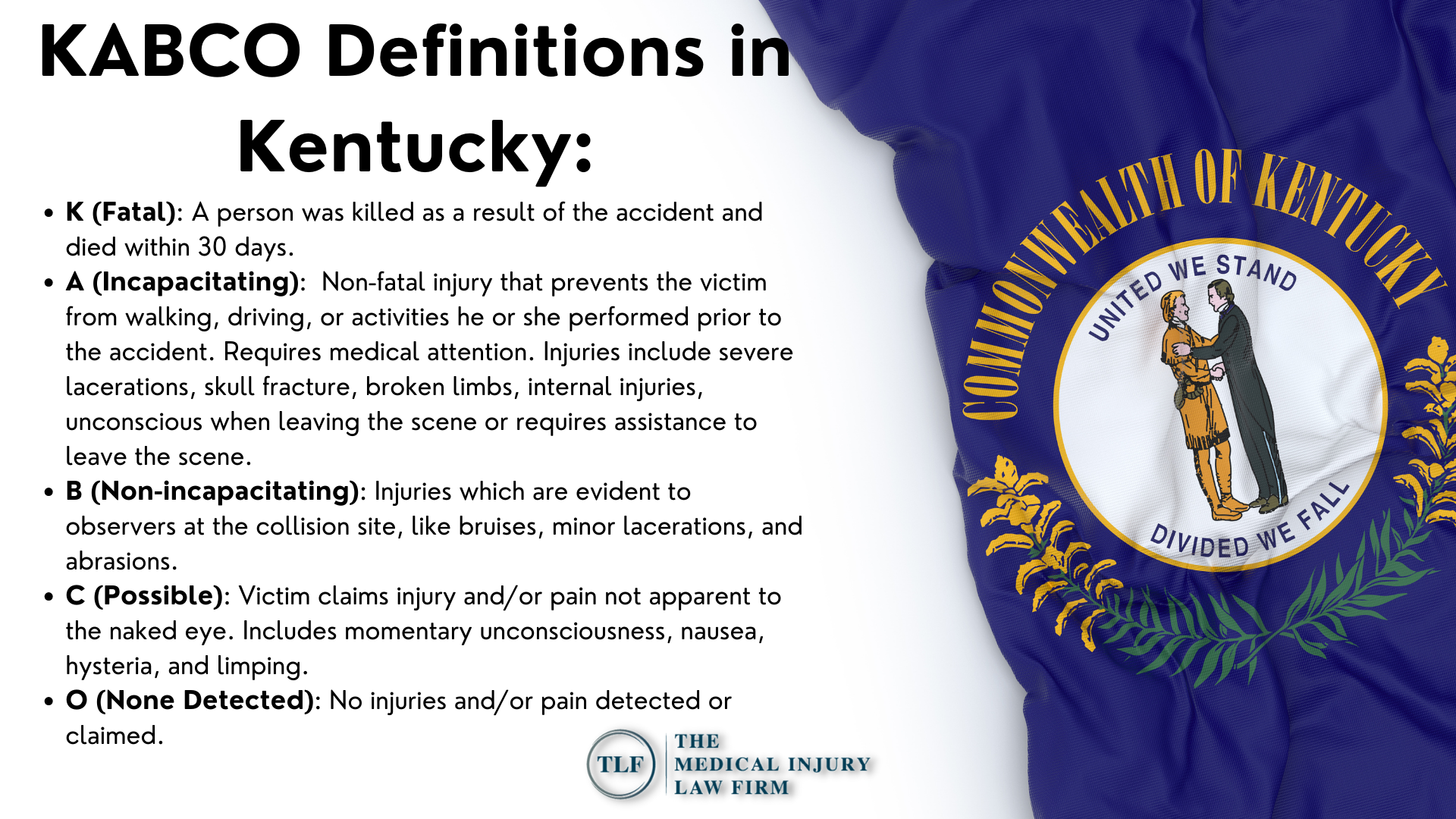
Incapacitating Injury vs. Catastrophic Injury
Incapacitating injuries and catastrophic injuries represent two distinct levels of severity injuries. Incapacitating injuries, while significant, primarily disrupt an individual’s ability to perform daily routines and tasks. These injuries can result in temporary or, in some cases, permanent disability but often do not entail the profound and life-altering consequences associated with catastrophic injuries. Typically, individuals with incapacitating injuries require medical treatment, therapy, and support to regain their functional abilities, and the impact on their overall quality of life may vary.
On the other hand, catastrophic injuries bring about severe and usually permanent loss of physical or cognitive function, deeply affecting an individual’s ability to lead an independent life. A catastrophic injury may require extensive medical intervention, long-term rehabilitation, and ongoing support to manage the resulting disabilities.
If you believe you have a catastrophic injury claim, the personal injury attorneys at TLF: The Medical Injury Law Firm can help recover financial compensation and ensure those responsible are held accountable.
Incapacitating Injuries Examples
Listed below are some of the more common examples of incapacitating injuries:
- Spinal cord injuries
- Severe lacerations (severe cuts)
- Broken or distorted limbs
- Internal injuries and abdominal injuries
- Burn injuries
- Back and neck injuries
- Crushed chest
- Partial or complete paralysis
- Serious head injuries, like traumatic brain injuries
- Nerve damage
- Amputations
- Any other injury that prevents a person from performing normal activities they could accomplish before the incapacitating injury occurred.
While some of the incapacitating injuries listed above may not seem serious enough to fall under this category, they can have life-altering effects depending on their severity. For example, when broken or distorted limbs affect the surrounding nerves and muscles, injury victims can be left with permanent disabilities.
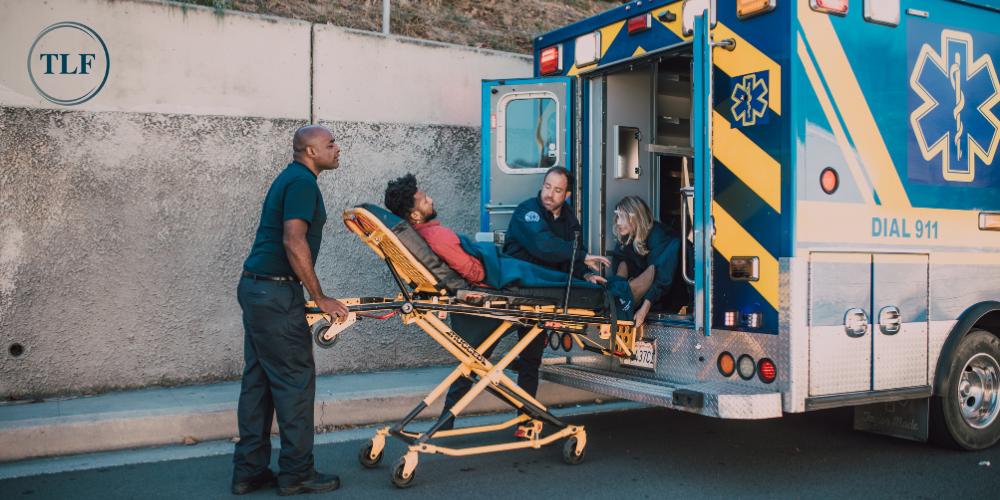
Other Injury Classifications
In addition to incapacitating injuries, the KABCO Injury Scale defines fatal injuries, non-incapacitating injuries, and possible injuries.
Fatal Injury
The definition of fatal injuries may appear obvious, but KABCO defines what injuries are considered fatal. According to their definition, a victim who has suffered fatal injuries has died within 30 days of the accident.
You can file a wrongful death lawsuit against the at-fault party if your loved one passed following an accident. At TLF: The Medical Injury Law Firm, we know how emotional this time can be for a family, which is why we approach each wrongful death claim with compassion and understanding. If you’ve lost a loved one in an accident caused by another’s negligence, the Northern Kentucky and Ohio wrongful death attorneys are here to help.
Non-Incapacitating Injury
A non-incapacitating injury is one where the injured person has sustained significant bodily harm that is not serious enough to cause disabilities. Some non-incapacitating injuries examples include:
- Minor concussions,
- Bruises,
- Minor lacerations and cuts,
- Road rash,
- Strained or sprained muscles,
- Minor scarring,
- Dislocated joints, and
- Other minor injuries that slightly impair the body or not all.
It’s important to note that even minor injuries may warrant medical attention. These injuries can also result in lost wages due to missing work for medical treatments as well as hefty medical bills. An injured person suffering from a non-incapacitating injury still has the right to compensation for damages. While the payout will not be as much as a severe injury, you can still file a personal injury claim to recover damages caused by the accident.
Possible Injury
“Possible injuries” are also defined by the same KABCO injury scale. A possible injury is not an evident injury to the first responders but is based on the injured person’s claims. Other states consider a possible injury as a suspected serious injury. Some possible injuries examples are:
- Minor head injuries,
- Unconsciousness,
- A minor neck injury, such as whiplash,
- Limping, and
- Internal injuries
Depending on the severity of the car accident, a possible injury can become more serious, especially when the injured person doesn’t seek medical treatment. Following a car accident, the adrenaline causes many injury victims to skip the emergency room because they feel fine. However, once that adrenaline wears off, the pain can become unbearable. So, while you may not think you need immediate emergency care for your suspected serious injury, it’s important to seek medical care regardless of the injury severity.
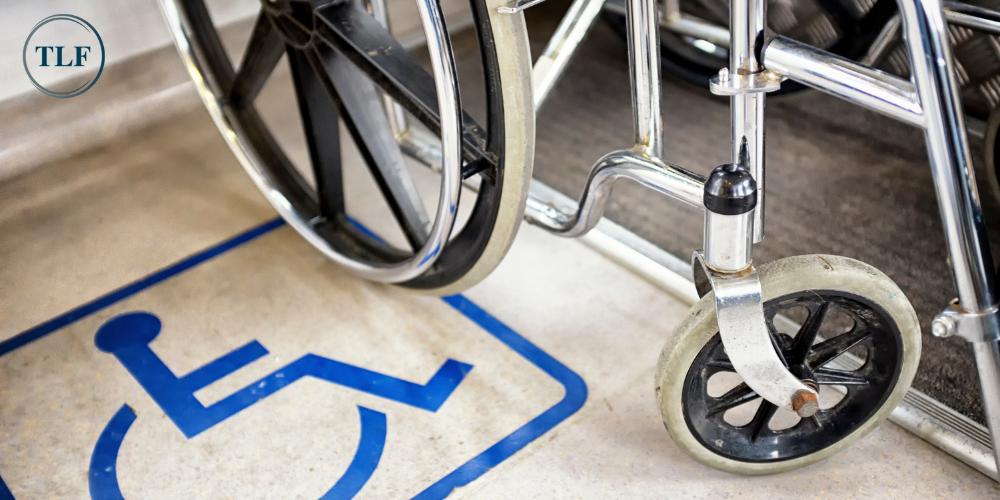
Consequences of Suffering an Incapacitating Injury
Following serious motor vehicle accidents resulting in incapacitating injuries, victims can face the daunting aspect of lost wages, costly medical bills, and more. Someone who has suffered incapacitating injuries may also have a long recovery ahead that can take weeks, months, or even years. If they sustain incapacitating injuries like neck or spinal cord injuries, they may never recover fully.
In addition to the physical severe injuries an injured person can receive following a motor vehicle accident, they can also suffer psychological and emotional damages, like PTSD, resulting in years of counseling and therapy.
Why You Need a Personal Injury Lawyer for Your Incapacitating Injury Claim
If you’ve suffered an incapacitating injury following an accident, you likely have a long road of recovery ahead of you. Not only can these incapacitating injuries put you in the hospital for a long time, but those bills, coupled with being unable to work, can result in a financial nightmare.
When a negligent party is responsible for your incapacitating injury, you deserve financial compensation for damages. You should not be forced to foot the bill when someone else caused your injuries. At TLF: The Medical Injury Law Firm, our experienced personal injury attorneys have the knowledge, skill, and legal resources to help you file an incapacitating injury claim and are more than prepared to help you fight for fair and just compensation.
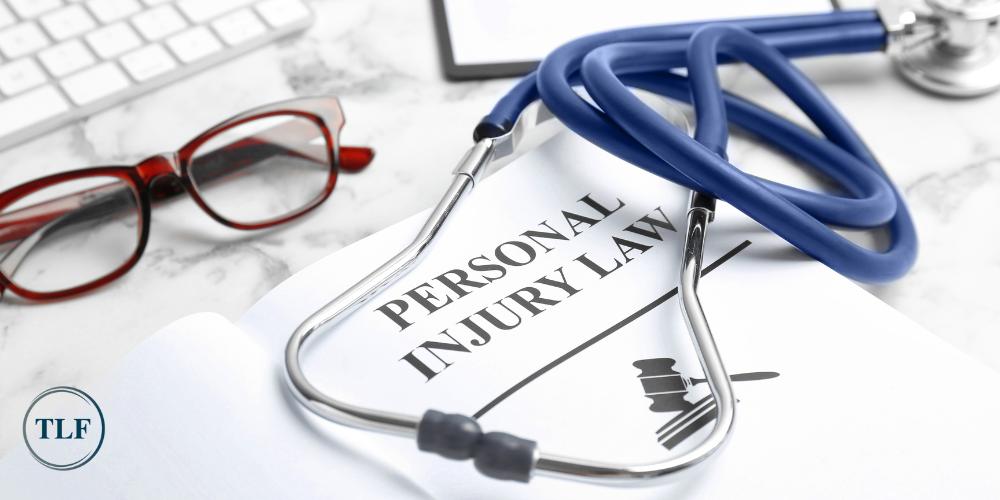
Call the Experienced Ohio and Northern Kentucky Injury Lawyers at TLF Today
An incapacitating injury can be life-changing. Many accident victims who have suffered incapacitating injuries face temporary or permanent disabilities. If they can recover from their injuries, it can take months or years of extensive medical and rehabilitative care.
If you’ve suffered an incapacitating injury, the Northern Kentucky and Ohio personal injury attorneys from TLF: The Medical Injury Law Firm will use their experience to ensure you receive fair compensation. Our law firm has represented clients for over 50 years in various medical malpractice and personal injury claims, so you know when you choose TLF, you’re getting the best legal representation available.
To schedule a free consultation with one of our experienced personal injury attorneys, call us toll-free at (800) 698-4054 today. You can also reach our Kentucky office at (859) 578-9130, our Ohio office at (513) 651-4130, or contact us online to get started.

